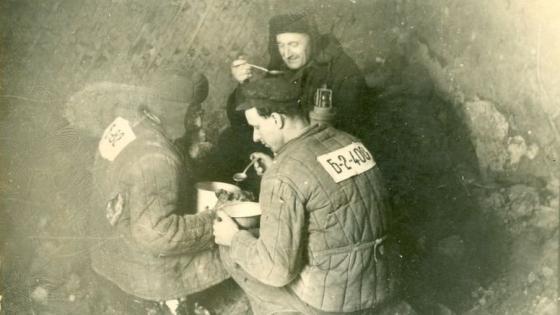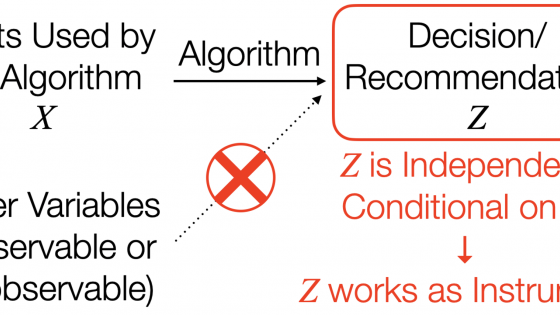DP18921 Heterogeneous Peer Effects and Rank Concerns in the Classroom
I examine how disruptions to students’ ability to study spill over to their classmates to understand the mechanisms behind social interactions in the classroom. I combine administrative and survey information on students with detailed information on damages to their homes caused by the sixth most-violent earthquake ever recorded, which occurred in Chile in 2010. I find that damages to a student’s own home increased the self-reported cost of study effort, that schools mitigated detrimental effects from average damages among classmates, and that the dispersion in damages among a student’s classmates affected students’ achievement and GPA heterogeneously across the initial performance distribution, but without changing students’ initial ranks. I show that a game of status model in which students strategically interact to compete for grades can rationalize these findings. The result suggests that, beyond the much-studied desire to conform, a desire to compete could be a reason why the ability to study of peers matters for learning in many contexts.


